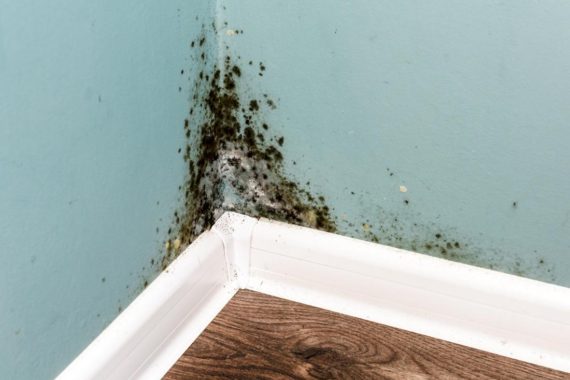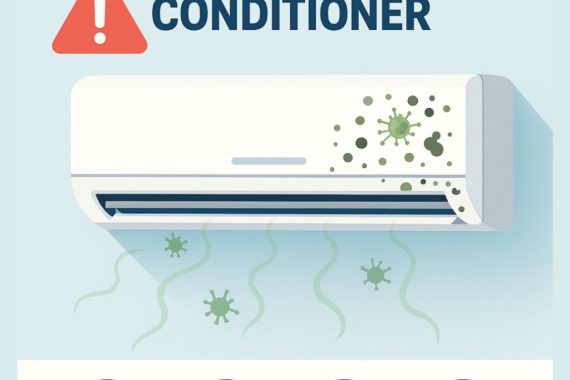Imagine moving into a new apartment, only to discover months later that it has a severe mould problem—one so bad that it had covered everything before you moved in. This is exactly what happened to a Sydney renter, who recently shared their distressing experience on Reddit. After noticing black mould growing on their furniture, they reported it to the landlord, only to be handed a paper towel and vinegar as a “solution.” To make matters worse, they later found out that the apartment had a long history of extreme mould issues, something that was never disclosed to them before moving in.
This situation raises important questions: What are a tenant’s rights when it comes to mould? How dangerous is mould exposure? And what should you do if you find yourself in a similar predicament?
Why Mould in Rentals Is a Big Problem
Mould is more than just an eyesore; it’s a serious health hazard. Prolonged exposure to mould can lead to respiratory issues, allergies, skin irritation, and even neurological problems in severe cases. It thrives in damp, poorly ventilated environments—common in older or poorly maintained rental properties. Unfortunately, some landlords fail to address the root cause of mould, leaving tenants vulnerable to both health risks and property damage.
Your Rights as a Renter in Sydney
Under NSW tenancy laws, landlords are responsible for ensuring that rental properties are maintained in a habitable condition. If a mould infestation existed before you moved in, and it was not disclosed to you, your landlord may be legally obligated to fix the issue. Here’s what you need to know:
Mould from a Pre-Existing Issue – If the mould was there before your tenancy and the landlord knew about it, they should have disclosed it. Failure to do so could be seen as misleading.
Repairs & Maintenance Responsibilities – If the mould is caused by a structural issue (e.g., leaks, poor ventilation, or rising damp), the landlord is responsible for fixing it.
Compensation for Damaged Belongings – If mould damages your personal property due to the landlord’s negligence, you may be entitled to compensation.
Tenancy Tribunal Complaints – If your landlord refuses to take responsibility, you can file a complaint with NSW Fair Trading or the NSW Civil and Administrative Tribunal (NCAT).
What to Do If You Discover Mould in Your Rental
If you find yourself dealing with a mould problem in your rental property, follow these steps:
✅ Document Everything – Take photos and videos of the mould and any damaged belongings. Keep copies of all communication with your landlord.
✅ Request Professional Mould Removal – Mould should be treated professionally, not just wiped away with vinegar. Request a licensed mould remediation specialist to assess and fix the issue.
✅ Know Your Legal Options – If your landlord refuses to act, escalate the issue through official tenancy channels.
Mould should never be ignored, and tenants have a right to live in a safe and healthy environment. If you suspect a mould problem in your rental, don’t wait—take action today!




